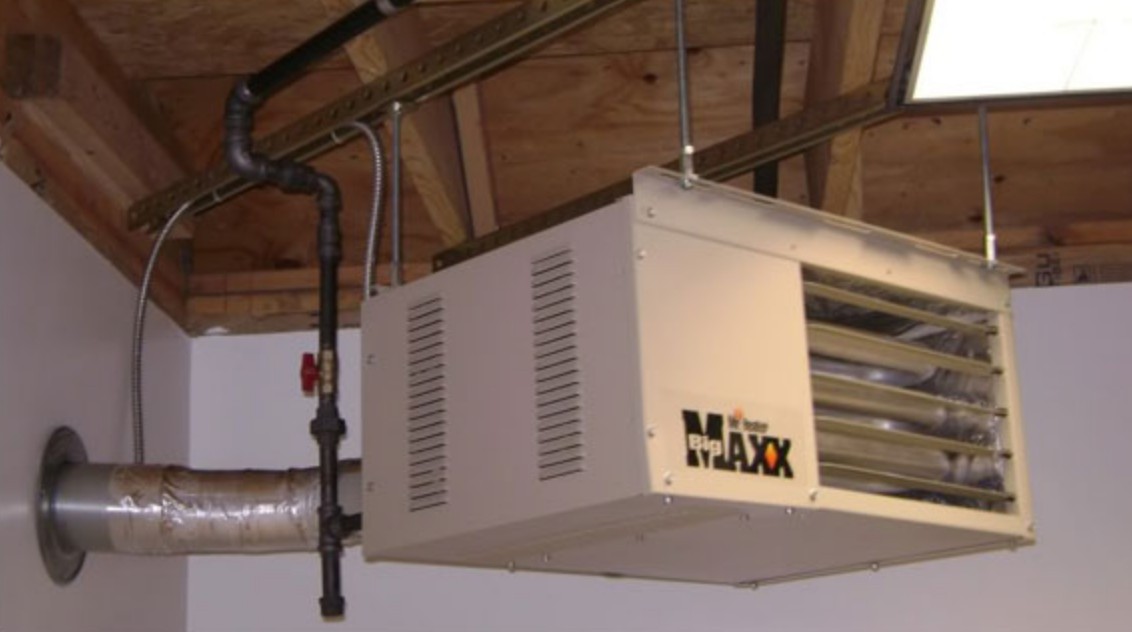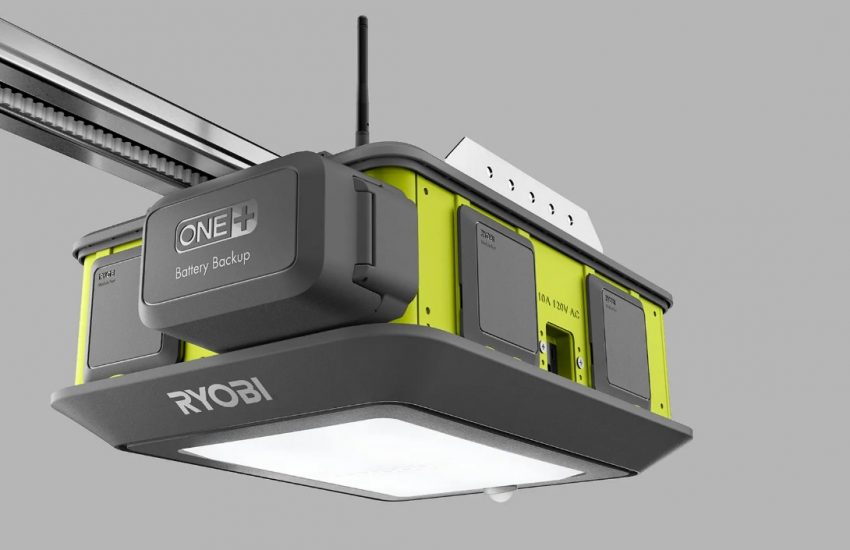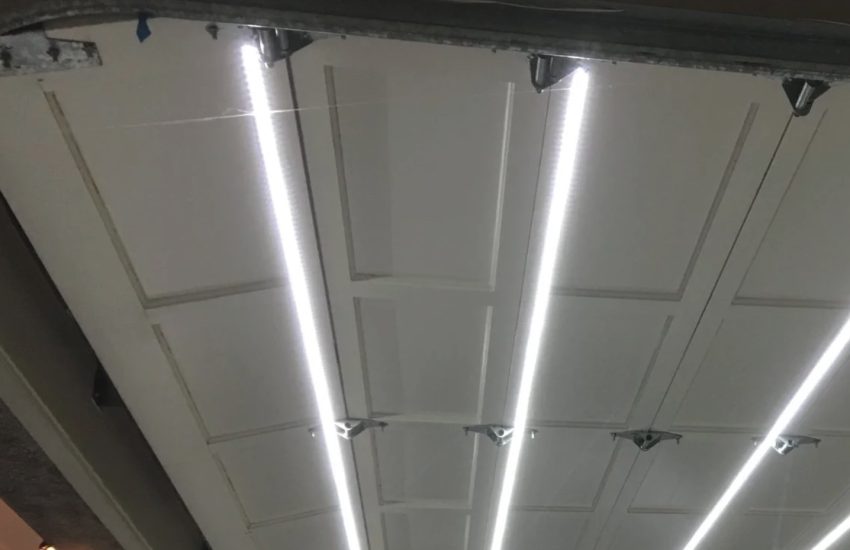How to Convert a Natural Gas Garage Heater to Propane
Choosing propane over natural gas can be a difficult decision because each fuel source has its pros and cons.
Both fuels are sources of consistent, clean-burning heat and are efficient.
Your location and constant shifts in prices of natural resources are what cause variances in the cost of the fuels.
- Propane is non-toxic and is not harmful to your health.
- Propane is superior to natural gas because of its efficiency.
- A unit of propane produces twice the energy produced by a unit of natural gas. Therefore, to attain the same heat level, you need half as much propane as natural gas.
- Energy costs will vary because you will need less propane to heat to the same degree as natural gas.
- Propane heating systems are durable and have less expensive repairs as compared to natural gas heaters.
How to convert natural gas heater to propane
Step 1: install the propane tank
You need to install a tank that can hold over a thousand cubic feet of propane.
To maintain the appearance of your home, you can bury the tank under your yard.
Step 2: Turn off the heater
Switch off the valves and switches to ensure proper energy flow when switching from natural gas to propane.
Step 3: get natural gas to propane conversion kit
Most new appliances come with a conversion kit.
If you don’t have a kit, buy one separately.
Because of propane’s high-pressure flow rate, you may require a substantial amount of work, like replacing some components to accommodate high pressure and control of fuel.
You also need to disconnect the electrical components in the heater before conversion. It would help if you also made adjustments to the air shutter to ensure your heater works effectively after conversion.
Follow the heater’s manufacturer instructions as well as those in the conversion kit.
Step 4: adjust settings
Adjust the settings of the valves and switches after replacing them to make sure they work right.
What happens if you use propane on a natural gas heater without conversion
Attempting to use a natural gas heater on propane without the proper adjustment of a conversion kit will be dangerous.
The orifices for natural gas are larger than propane because of the lower pressure flow rate of natural gas.
Using these large orifices with propane could cause a fire in your home because of the high-pressure flow of propane.
Is it cheaper to heat with propane or natural gas
Propane produces twice as much energy as natural gas. Propane can replace natural gas as a heating source for your home, depending on the price of natural gas.
When natural gas prices fall, using propane as a heating source could be more expensive.
But even if a gallon of natural gas costs less than propane, you will end up using more natural gas to heat your house. Propane may be expensive, but you will use a small amount to heat your home – and you won’t have to get out of your way to buy it if you have a propane backup generator or use propane to cook and grill.
In terms of cost, propane becomes cheaper than natural gas.
How much does it cost to convert from natural gas to propane
Conversion from natural gas to propane can be expensive because of the costs you will incur.
You will need to purchase the following:
- A conversion kit if you don’t have one
- A tank large enough to hold over one thousand cubic feet of propane
- A workforce to dig up your yard to bury the tank
- technician’s fee if you don’t know how to do the conversion
- appropriate appliances if the current ones are not dual-fuel
- disconnect the natural gas line
Seek the help of a licensed local professional to give you specific costs and requirements.
Natural gas and propane are both highly flammable. It is essential to take safety precautions when replacing natural gas with propane.
Seek professional help for safety purposes.
Here are a few propane safety tips for your home heating:
Keep clutter away from your tanks.
The tank requires ample space. Ensure there are no stacked-up items around it. Get rid of flammable materials around your tank and appliances to minimize the risk of a fire.
It’s also important to read the company’s manual to get more insight into caring for the tank.
Install smoke alarms and carbon monoxide detectors
Carbon monoxide is odorless; that’s why it’s essential to install alarms that alert you when there are high gas levels in your house.
Keenly observe the pilot light
A pilot light is a small flame in your heating system that burns constantly be it a heater or a hot water boiler.
When your system is working correctly, the pilot light doesn’t go out. If you notice the pilot light has gone out, there could be an issue within the system. You need to call a professional to deal with the problem.
Regularly check your tank for leaks
Have a qualified technician perform a leak test to confirm that your tank is in good condition.
Checks can be done upon refilling your tank. Keeping your tank filled can protect it and extend its life.
Service your propane tank periodically
Sign up for regular inspections and maintenance from your propane provider. Have him check your tank and appliances and fix or make any required changes.
When you smell propane gas, switch off electronic devices and extinguish any flames and get out of the house. Propane smells like rotten eggs. Once you are safely out of the house, call your local fire department to come and check out what the problem could be.
It’s also advisable to call your propane retailer to evaluate the problem and make the necessary repairs to your tank and system.
Only a professional should repair your tank
Some problems may look simple, and you may be tempted to fix them.
For safety reasons, let a professional solve the problem and make repairs accordingly.
Check this too: Sideways Garage Doors & Opener: Is it Any Better?
Check your tank after a storm
Clear any debris left around your propane tank after the storm. Sweep away any blocks of ice or piles of snow to ensure the valves and vents are clear. Use a broom instead of a shovel to minimise damage.


